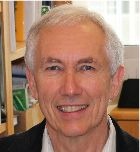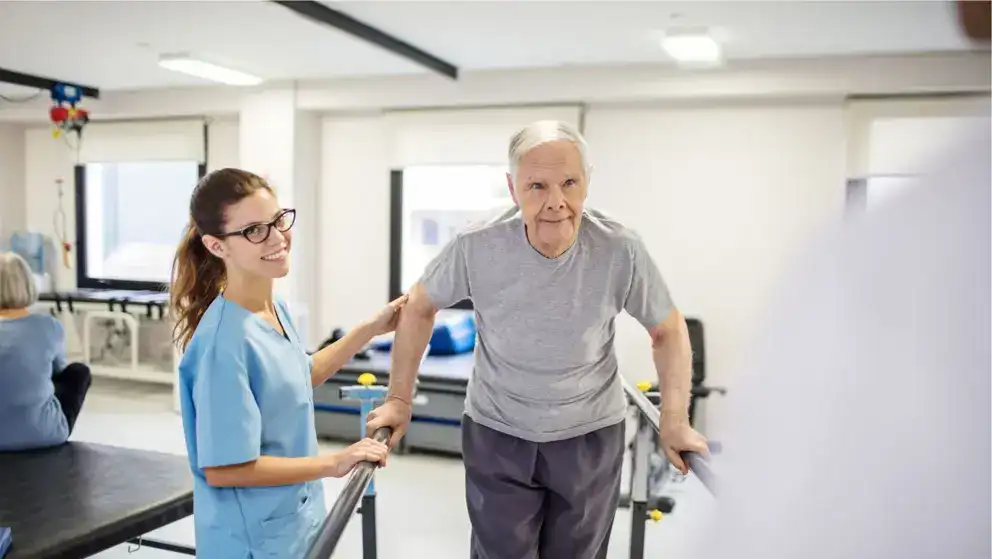Every year in Canada an estimated 62,000 strokes occur. More Canadians are surviving stroke, thanks to tremendous advances in awareness, detection and early response.
But that means about 400,000 people in Canada are living with the consequences of a stroke — a number expected to almost double over the next 20 years. Those consequences can include reduced mobility, diminished ability to take care of themselves and impaired thinking and memory.
For the majority of stroke survivors, initial recovery slows after a few months, which can be devastating to them and their families. Fortunately, research has shown that further progress can occur months or even years after a stroke.
Dr. Corbett is leading a Heart & Stroke-funded research project examining how to prolong or even restart the brain’s stroke-recovery phase.

Our research is about keeping the recovery window open longer.
In an earlier study, Dr. Corbett demonstrated that a key to recovery is an early start to active rehabilitation. Using targeted rehabilitation routines soon after stroke takes advantage of the brain’s own “self-repair” processes. Molecules such as brain-derived neurotrophic factor (BDNF) or “brain fertilizers” are released in response to brain damage, to build new connections or reconfigure brain circuits unaffected by the stroke.
But the opportunity is brief: within weeks these processes begin to subside as others take their place to actually inhibit growth. Rehabilitation plateaus as this window of recovery closes.
Dr. Corbett’s current study is looking at how to lengthen or even reopen the critical time window for stroke recovery by using a commonly prescribed antidepressant called fluoxetine (or related drugs) as part of a combination therapy. The drug works by enhancing growth factors such as BDNF to encourage growth and healing processes and, most importantly, also rolls back the brain’s growth-inhibiting activities.
“We know that after a stroke many adaptions take place to reorganize the brain and compensate for the loss of brain tissue,” says Dr. Corbett. “And we know that these ‘plasticity' processes are time-limited. Our research is about keeping the recovery window open longer or reopening it in those where it has closed in order to help stroke survivors make a more complete recovery.”
A clinical trial to test these ideas was actively recruiting patients in 2019.
- Learn more about stroke recovery.
- See more Heart & Stroke research.
